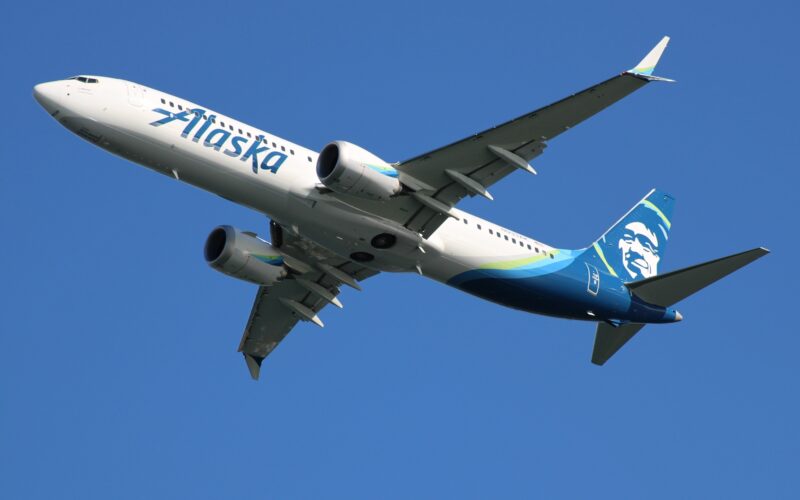The National Transportation Safety Board (NTSB) has said new proposed rules that will see future aircraft fitted with 25-hour cockpit voice recorders (CVR) do not go far enough and should include existing planes.
On February 13, 2025, the NTSB called upon the Federal Aviation Administration (FAA) again to ensure that planes currently operating be retrofitted with devices capable of recording 25 hours of audio, instead of the current standard of two hours.
On February 8, 2024, the United States (US) Senate passed a key piece of aviation legislation that allows the FAA to mandate planes to be equipped with 25-hour cockpit voice recorders to match safety rules in Europe and at the International Civil Aviation Organization (ICAO).
However, this would only include newly manufactured aircraft and would not apply to the current fleet, even though planes can be in service for decades.
In its statement the NTSB cited 14 investigations since 2018 that have been hampered because cockpit voice recorder, or CVR, data had been overwritten, including seven serious runway incursions that occurred in early 2023.
Most notably the NTSB were unable to access the CVR audio from an Alaska Airlines flight in which a plug door separated from the plane shortly after takeoff on January 5, 2024.
“In the recent Alaska Airlines door plug blowout accident, our investigators don’t have the CVR audio to fully understand all of the challenges the flight crew faced in response to the emergency,” NTSB Chair Jennifer Homendy said. “Any investigation in which the CVR audio is overwritten and unavailable to us, means that we may miss opportunities to address safety issues identified on recordings. And that’s unacceptable.”
The NTSB has challenged the FAA’s assertion in its notice of proposed rulemaking (NPRM), published on December 4, 2023, that retrofitting the fleet is too expensive.
The NTSB said a retrofit would apply to about 13,500 aircraft, less than half of the 29,561 the FAA estimated in its cost/benefit analysis.
“CVRs are among the most valuable tools for accident investigation because they provide contemporaneous information on flight crew intentions and coordination as well other factors, such as procedural compliance, workload, fatigue, and situational awareness,” Tim LeBaron, Director of the NTSB’s Office of Aviation Safety, said. “This information is critical to our ability to conduct more thorough investigations and target safety recommendations more effectively.”

